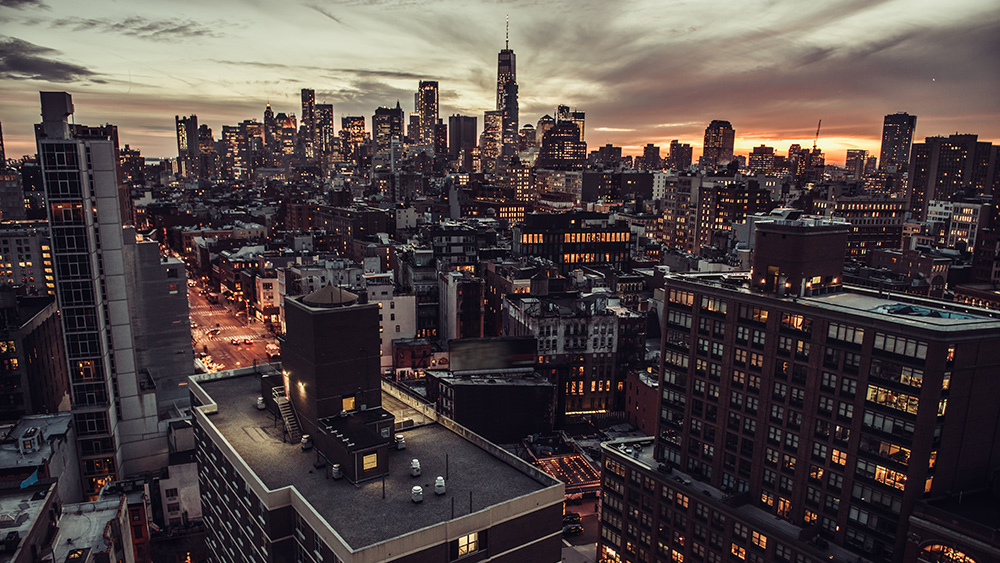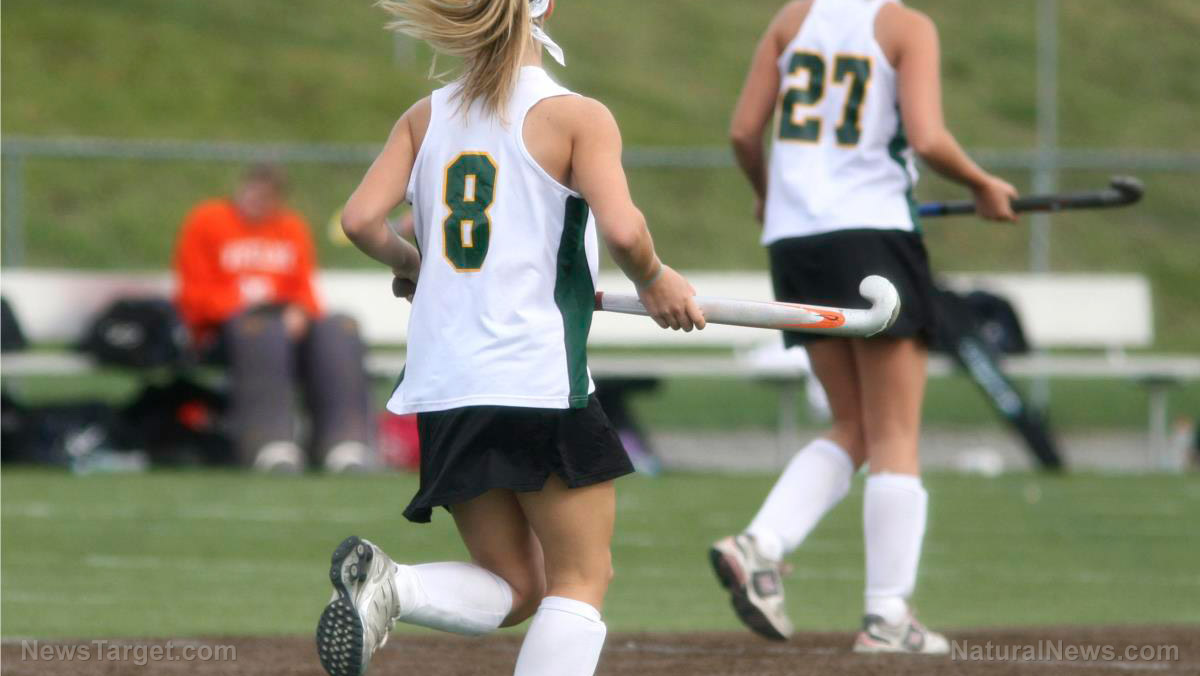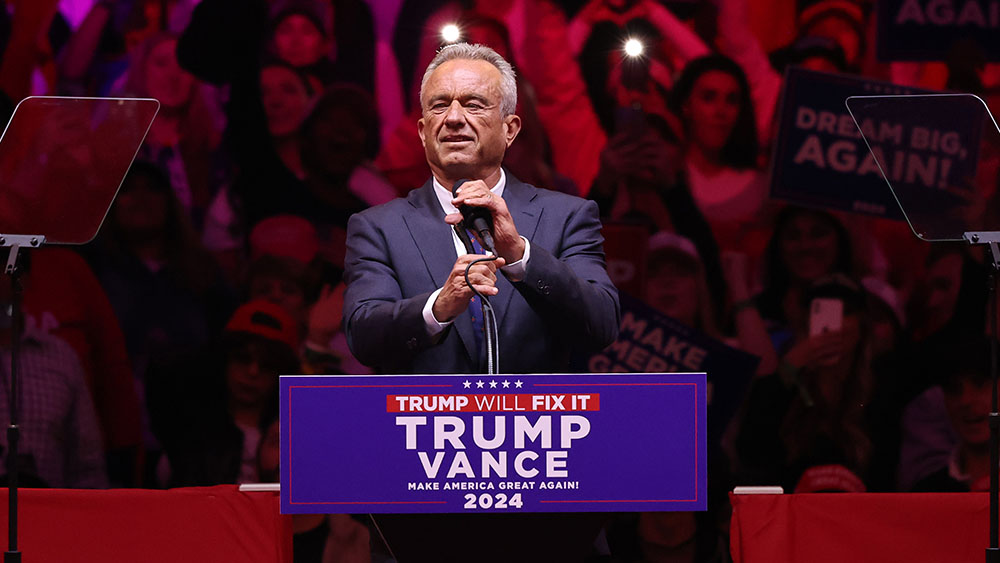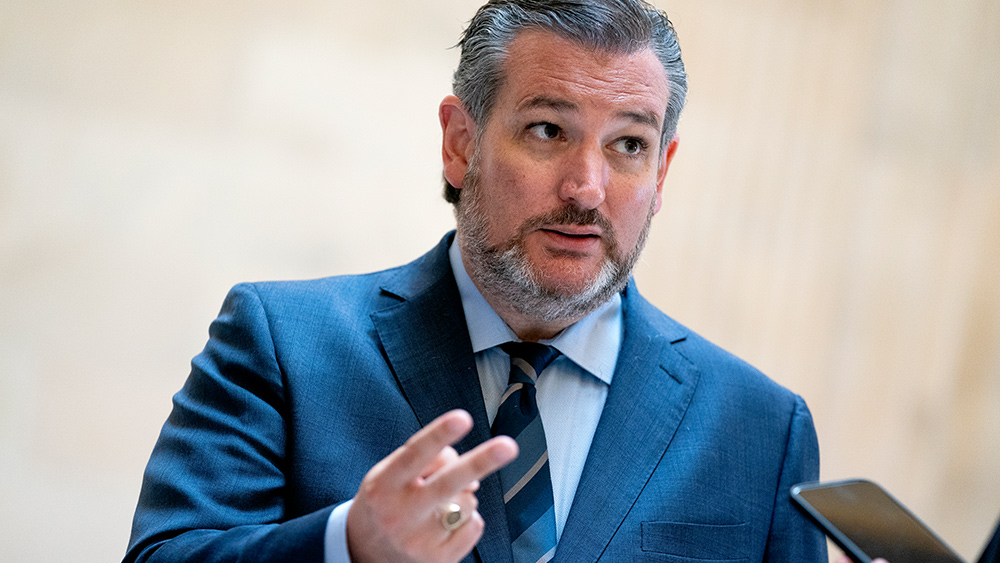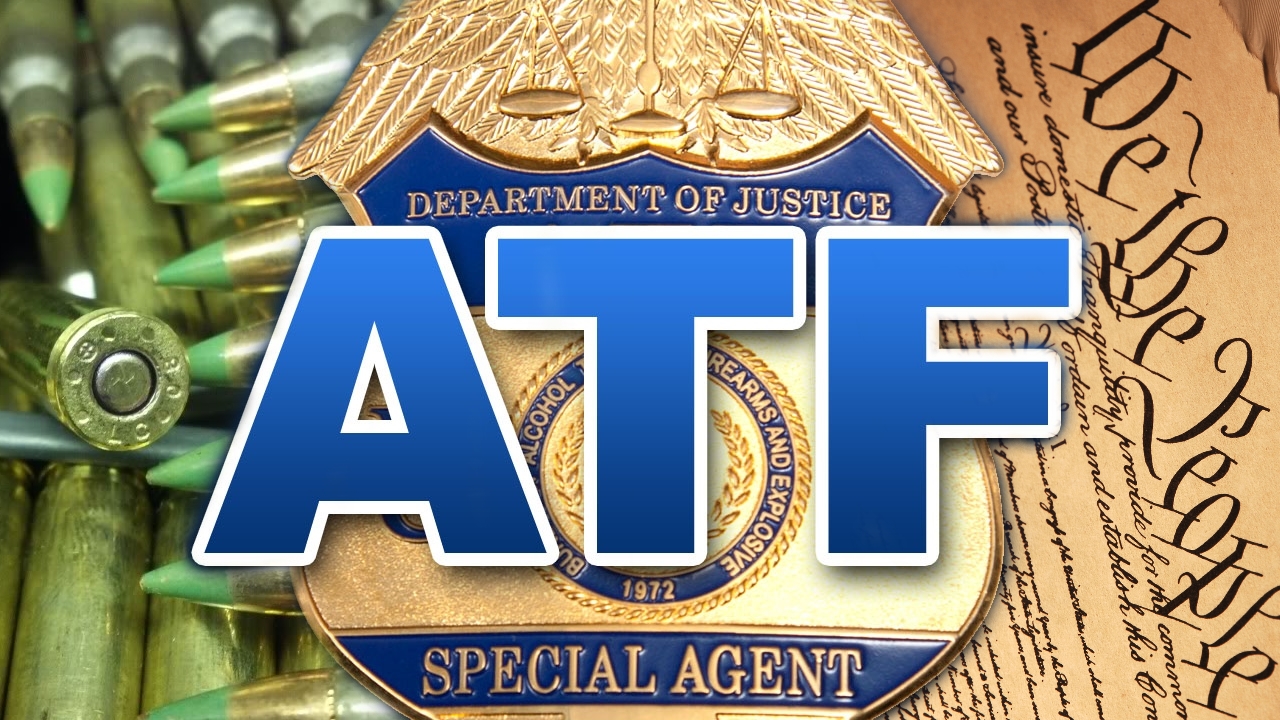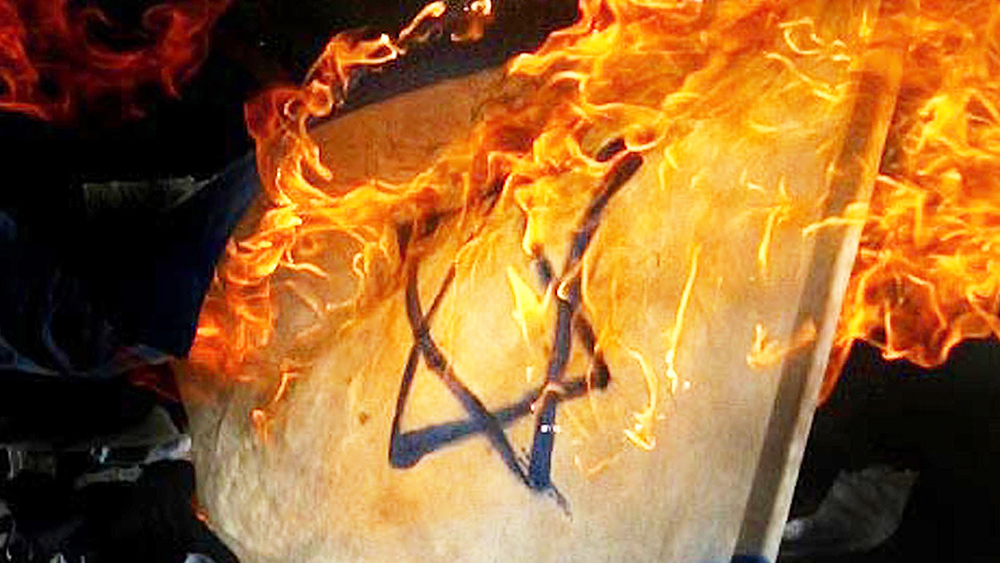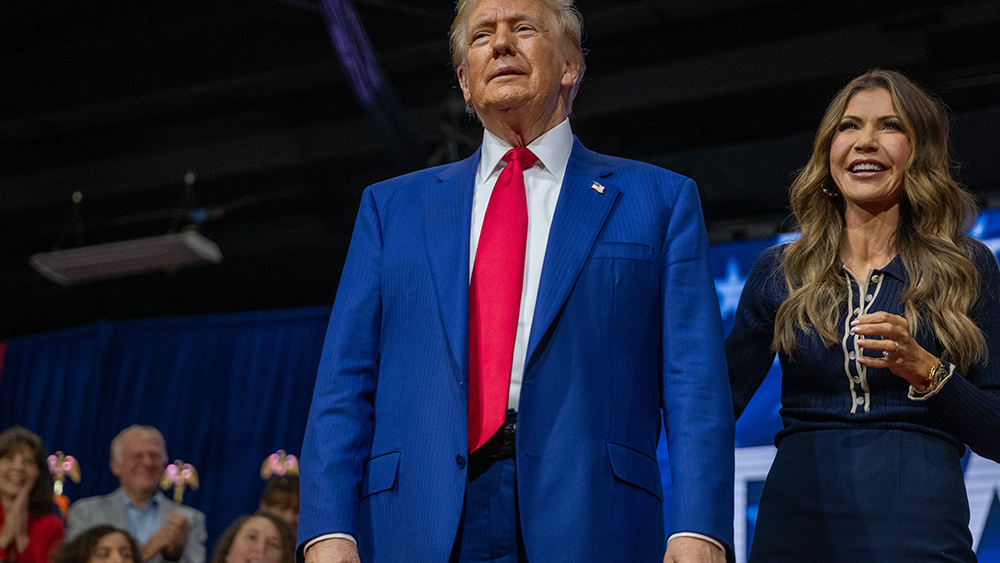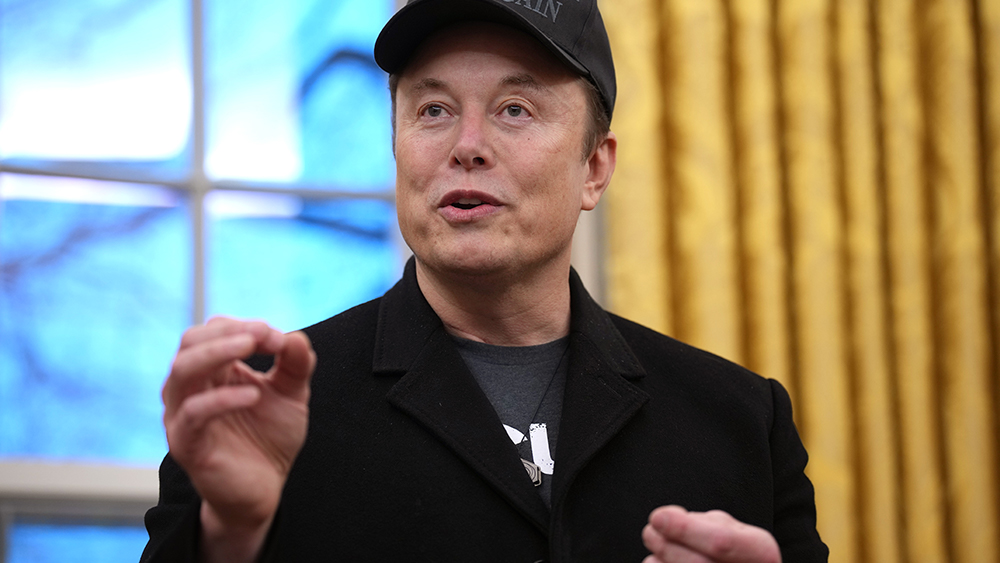DOJ expands probe into Jan. 6 prosecutions amid Supreme Court review of key obstruction law
04/10/2025 / By Willow Tohi

- Acting U.S. Attorney Ed Martin is investigating his predecessor’s use of the obstruction statute (18 U.S.C. § 1512(c)(2)) against January 6 defendants. Critics argue the law was misapplied to nonviolent protesters, calling it politically motivated prosecutions that diverted resources from violent crime in D.C.
- The Supreme Court is reviewing Fischer v. United States, which challenges the DOJ’s broad interpretation of the obstruction statute. A narrow ruling could undermine over 300 January 6 cases, including Trump’s, and weaken the DOJ’s narrative of the Capitol breach as an “attack on democracy.”
- Martin’s probe has sparked partisan conflict, with Sen. Adam Schiff (D-CA) blocking his confirmation, accusing him of aligning with Trump’s agenda. Conservatives argue Schiff’s move aims to shield Democrats from scrutiny over alleged prosecutorial overreach.
- Critics compare the misuse of the obstruction law to past abuses like Japanese internment and post-9/11 surveillance expansions. Legal experts warn that stretching laws beyond their intent erodes public trust in the justice system.
- The Supreme Court’s decision and Martin’s probe could force the DOJ to drop charges or renegotiate plea deals if 1512(c)(2) is struck down. The outcome will test the rule of law amid political polarization and shape accountability for the Capitol breach.
The legal battles surrounding the January 6, 2021, Capitol breach took a dramatic turn as Acting U.S. Attorney for D.C. Ed Martin announced an expanded investigation into his predecessor’s use of a controversial obstruction statute against protestors. The development comes as the U.S. Supreme Court prepares to review Fischer v. United States, a case challenging the application of 18 U.S.C. § 1512(c)(2) — a felony obstruction charge central to hundreds of Jan. 6 prosecutions, including President Donald Trump’s. The probe, coupled with judicial skepticism of the law’s scope, raises questions about accountability, prosecutorial overreach and the judicial legacy of the Capitol riot cases.
The 1512 Project: Scrutinizing “lawfare” in Jan. 6 prosecutions
Acting U.S. Attorney Ed Martin has dubbed his inquiry the “1512 Project,” referencing the obstruction statute critics argue was misapplied to justify felony charges against nonviolent Capitol protestors. Martin alleges his predecessor, Matthew Graves—appointed under President Biden — weaponized the charge to pursue “political prosecutions,” diverting resources from violent crime in Washington, D.C.
In a March 2025 post on X, Martin accused Graves of prioritizing “political hoaxes” over public safety, stating: “He used our $ to chase political hoaxes while the people of DC were terrorized by thugs with guns. That Biden prosecutor chose politics over the people of DC.”
The expansion of the probe signals a potential reckoning for prosecutors who relied on 1512(c)(2), with Martin comparing the tactic to the internment of Japanese Americans during WWII.
Supreme Court’s pivotal role: Is the obstruction law constitutional?
The Supreme Court’s decision to review Fischer v. United States could upend over 300 Jan. 6-related cases. The law, originally designed to criminalize evidence tampering, was stretched to cover disruptions of congressional proceedings — a move already rejected by U.S. District Judge Carl Nichols in two 2022 rulings. Nichols argued the statute “doesn’t apply to allegations” of obstructing electoral vote certification.
Legal experts warn a narrow interpretation by the high court would undermine the DOJ’s Jan. 6 strategy, including charges against Trump. Former federal prosecutor Andrew McCarthy noted: “If 1512(c)(2) falls, the government’s narrative of an ‘unprecedented attack on democracy’ collapses with it.”
Political firestorm: Schiff blocks Martin’s confirmation
The probe has ignited partisan clashes, with Sen. Adam Schiff (D-CA) placing a hold on Martin’s nomination to permanently lead the D.C. U.S. Attorney’s Office. Schiff accused Martin of “demolishing the firewalls” between the DOJ and Trump’s political agenda, citing his dismissal of charges against Jan. 6 defendants he once represented.
Schiff’s statement called Martin “a one-man wrecking ball… using his office to chill free speech,” while conservatives countered that the delay aims to shield Democratic allies from scrutiny. Critics, like commentator Cash Loren, dismissed Schiff’s move as fear-driven: “Criminal Schiff belongs in prison, and he knows it.”
Historical parallels: Prosecution, precedent and public trust
The case echoes past debates over prosecutorial discretion, from the Alien and Sedition Acts to the post-9/11 expansion of surveillance laws. Martin’s comparison to Japanese internment — a policy later deemed a civil rights violation — frames the 1512 charges as another abuse of wartime-style panic.
Legal scholar Jonathan Turley warned: “When prosecutors stretch laws beyond their intent, they invite backlash that weakens faith in the justice system.” The Jan. 6 cases, he argued, risk becoming a partisan battleground rather than a defense of constitutional order.
What comes next?
With the Supreme Court’s ruling pending and Martin’s probe expanding, the legal and political fallout could redefine accountability for Jan. 6. If 1512(c)(2) is struck down, the DOJ may face pressure to drop charges or negotiate plea deals—while Republicans push for broader investigations into alleged prosecutorial misconduct.
The clash over Jan. 6 prosecutions encapsulates a broader struggle over justice, power and narrative. As the Supreme Court weighs the fate of a contentious law and Martin’s inquiry unfolds, the outcomes will test the durability of legal norms in an era of deepening polarization. For the hundreds charged under 1512(c)(2), the stakes are even higher: their cases may hinge not on their actions that day, but on whether the system itself adhered to the rule of law.
Sources include:
Submit a correction >>
Tagged Under:
bias, big government, cancel Democrats, conspiracy, corruption, deception, J6, lawfare, left cult, Liberty, national security, patriot, progress, rigged, rioting, Trump
This article may contain statements that reflect the opinion of the author
RECENT NEWS & ARTICLES
COPYRIGHT © 2017 BIG GOVERNMENT NEWS




